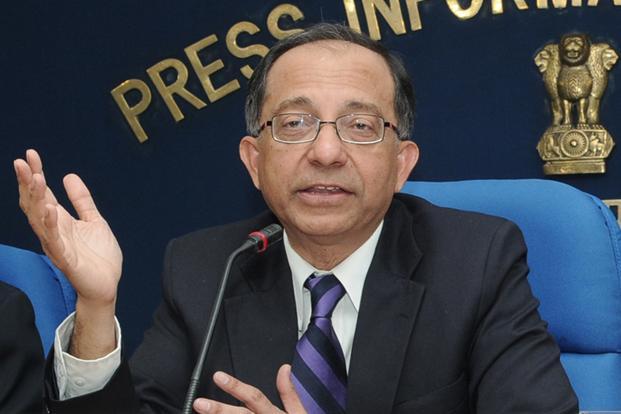
Indian Economy is in a ‘sweet’ spot : Economist Kaushik Basu
NEW DELHI : Noted economist Kaushik Basu has said that the Indian economy is in a “sweet spot” and that India is in a better position than other countries to deal with the current global economic challenges.
Basu said that one of the main reasons India is in a sweet spot now is that China has slid behind. This is supported by the fact that India’s GDP growth rate is currently higher than China’s.
In addition to this, India has a number of other factors working in its favour, such as a young and growing workforce, a strong entrepreneurial culture, a rapidly growing digital economy, and a government that is committed to reforms.
Basu further noted that India’s overall growth is moderately good, but that China has dropped quite a bit. He also said that there is a risk of international capital flight out of China, which could lead to more investment in India. However, Basu also noted that there are worrying signs beneath the surface. He said that unemployment is particularly high in India, and that the distribution of GDP is getting worse, with a few big corporations getting a disproportionate share.
“India’s economic growth has been remarkable in the last 30-40 years, with the most phenomenal period being 2003-2011. India recovered quickly from the 2008 global recession. China was also performing well during this period, but its growth has slowed down recently. There are also increasing political tensions between China and the Western economies, which could lead to capital flight out of China and into India,” Basu said in the interview.
He cited a recent study on global inequality that found that the top 10 per cent of wealth holders in India now own a proportion of wealth that is similar to the colonial era.
“India used to be known for being transparent with its economic data, but this is no longer the case. India’s unemployment rate is very high, particularly among youth and the country’s investment rate has been declining steadily over the past 12 years,” Basu added.
India’s overall unemployment rate is not alarming, but its youth unemployment rate is shockingly high, he said, adding that youth unemployment is eroding human capital and making India’s workforce less competitive in the long run.
“India needs to put out the data on youth unemployment and take action to address the problem. Inequality in India is increasing, with the wealthy capturing a larger and larger share of the country’s resources. India’s government needs to take steps to reduce inequality and ensure that the benefits of economic growth are more evenly distributed,” Basu added.
Kaushik Basu said that India was once known for its transparency in releasing economic data, but this has changed in recent years. He pointed to the fact that the World Inequality Report has said that India is not providing enough data, and that the census has not been conducted in several years. He said that this is a change from the past, when India was a “particularly outstanding country” in terms of data availability.
Basu further said that India’s economic growth is rebounding, but that it is important to remember that this is partly due to a base effect from the low growth of 2021. He also added that there are worrying signs about the distribution of wealth in India, with concentration at the top increasing.
Basu called for more transparency in the release of economic data so that policymakers and the public can better understand what is happening at the bottom end of the economy. He also said that India has strengths that it should leverage to address these challenges.
While mentioning that India is doing well economically right now, Basu is concerned about the long-term trends. Basu acknowledged that income concentration at the top is a global phenomenon, but he says that cronyism is also on the rise in India and this is exacerbating the problem. He called for the government to take steps to reduce cronyism and to educate people so that they can find employment in the changing technological landscape.
Basu also said that the government is not doing enough to address the challenges posed by technology. He further added that technology is causing concentration at the top, and that the government needs to intervene to educate people and help them find new forms of employment.

